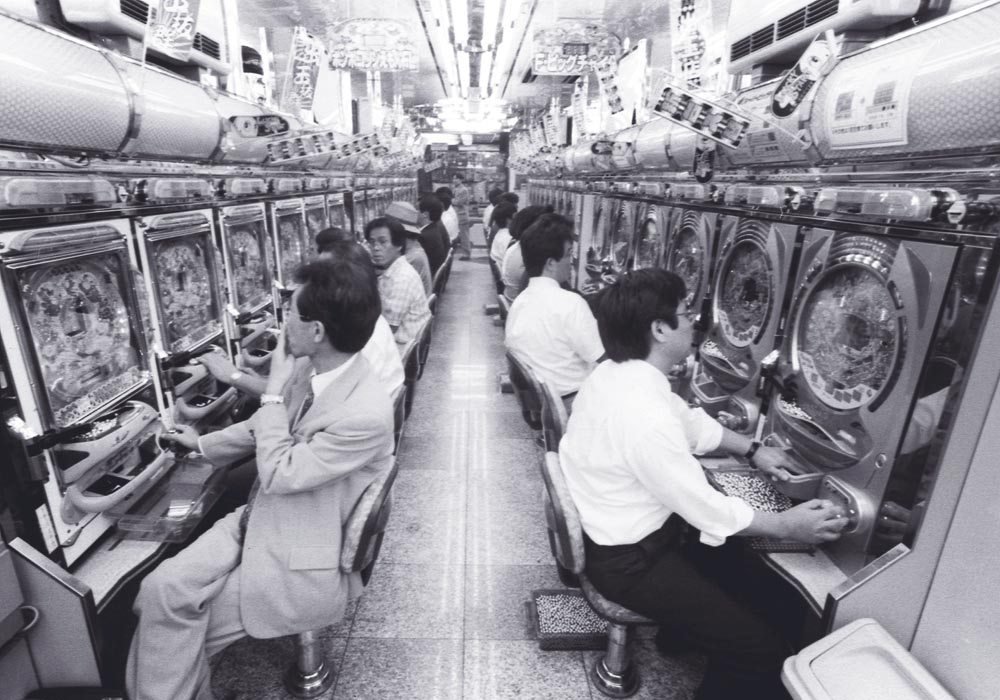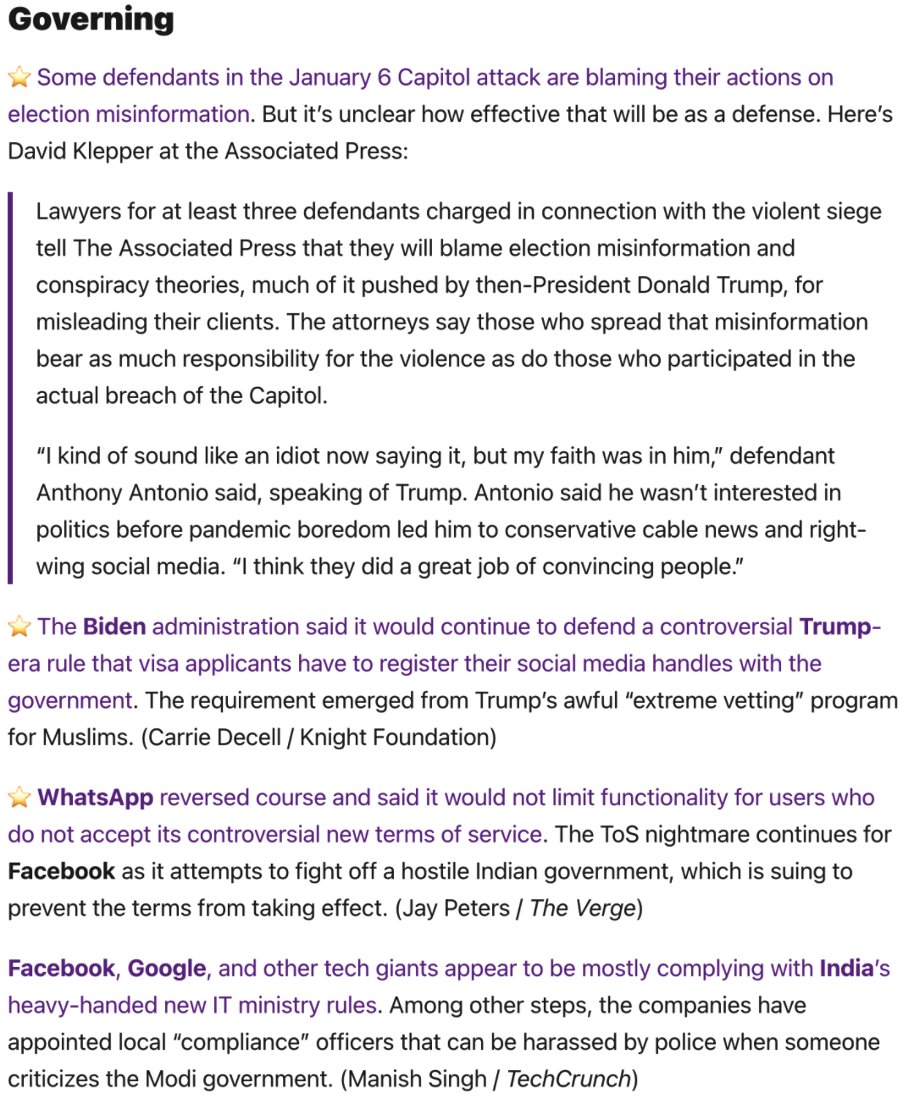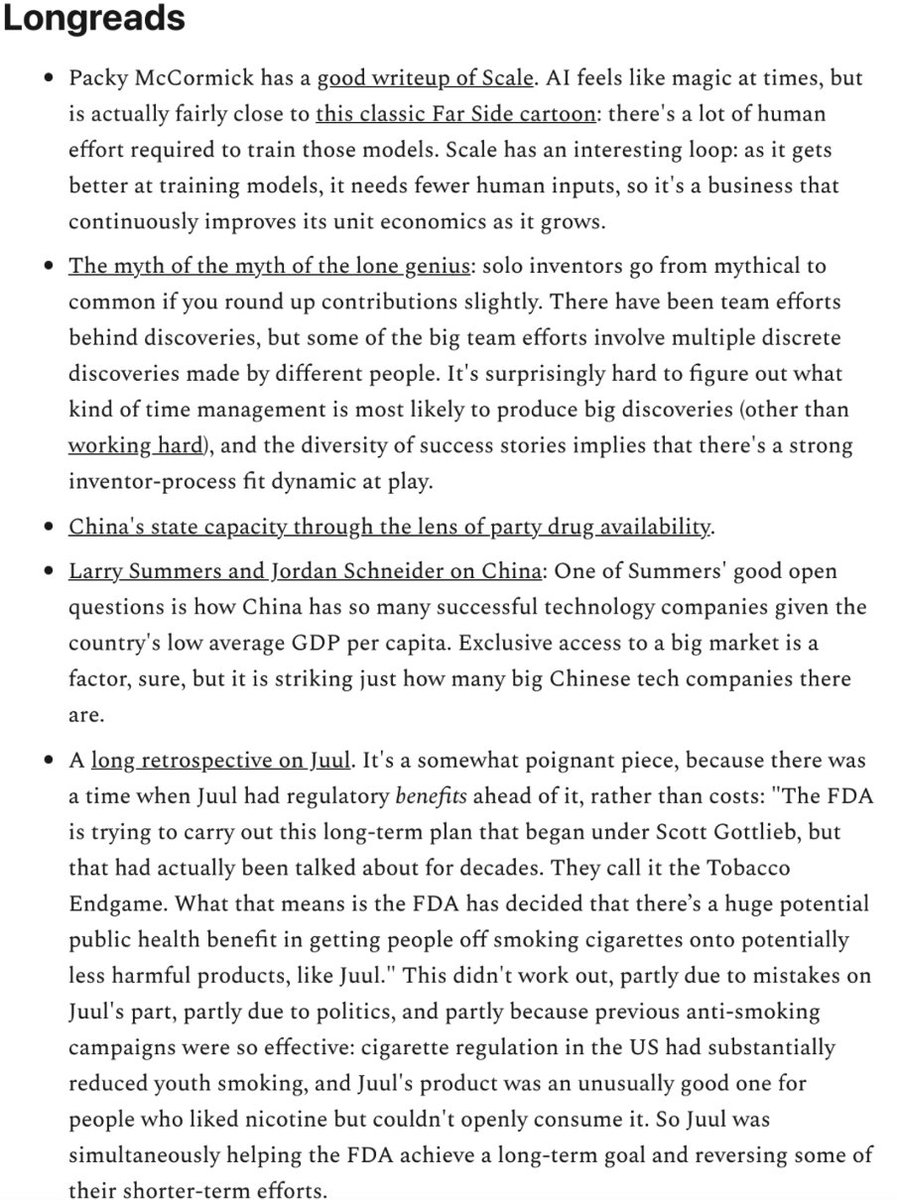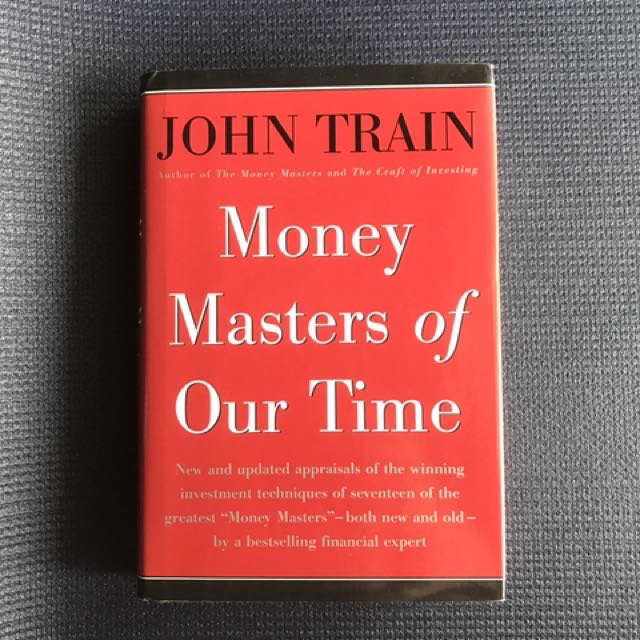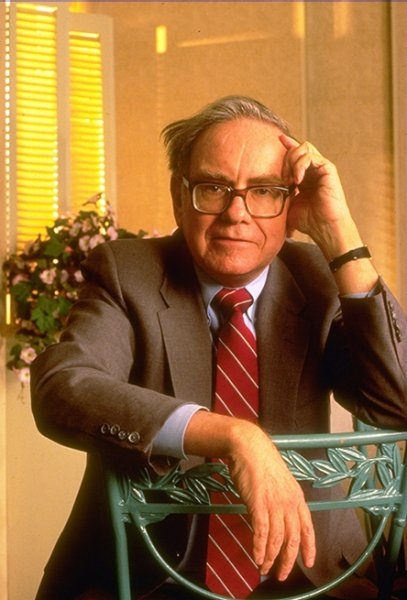
My Substack isn't so much about journalism.
You should think of me as an "outsourced analyst":
• I provide institutional grade investment ideas that you won't find anywhere else
• You can bounce ideas with me anytime via DM or e-mail
You should think of me as an "outsourced analyst":
• I provide institutional grade investment ideas that you won't find anywhere else
• You can bounce ideas with me anytime via DM or e-mail
If your portfolio is over $100,000 then the yearly price would be equivalent to <0.3% of the portfolio. With over 20 ideas per year, it should be easy to earn back the cost.
Here is an idea that I published before starting the service:
asiancenturystocks.com/p/deep-dive-20…
Here is an idea that I published before starting the service:
asiancenturystocks.com/p/deep-dive-20…
I've also started responding to reader questions about their portfolio holdings. So if you have a stock that you want me to take a look at, just let me know and I will spend 2 days on it (subject to a backlog).
Here is one such article (on Nintendo):
asiancenturystocks.com/p/nintendo
Here is one such article (on Nintendo):
asiancenturystocks.com/p/nintendo
If you have a private banker, he or she can also give you advice. But few of them are savvy investors. Usually they push structured products on you. And take huge cuts of any transaction (several %).
I think you're better off talking to an investor or an analyst...
I think you're better off talking to an investor or an analyst...
Smart people these days build networks of intelligent individuals in particular niches: inflation experts, China tech stock experts, etc.
My niche is under-the-radar Asian value stocks.
My niche is under-the-radar Asian value stocks.
Institutional research typically costs $20-100k/year. Some of it is very good.
But I think you will be able to bootstrap such research soon via Substacks. Identify clever individuals on Twitter and then subscribe to their Substacks. Let them become your personal advisors.
But I think you will be able to bootstrap such research soon via Substacks. Identify clever individuals on Twitter and then subscribe to their Substacks. Let them become your personal advisors.
Here's a link to a 30-day free trial to my Substack Asian Century Stocks:
asiancenturystocks.com/subscribe?coup…
asiancenturystocks.com/subscribe?coup…
• • •
Missing some Tweet in this thread? You can try to
force a refresh




